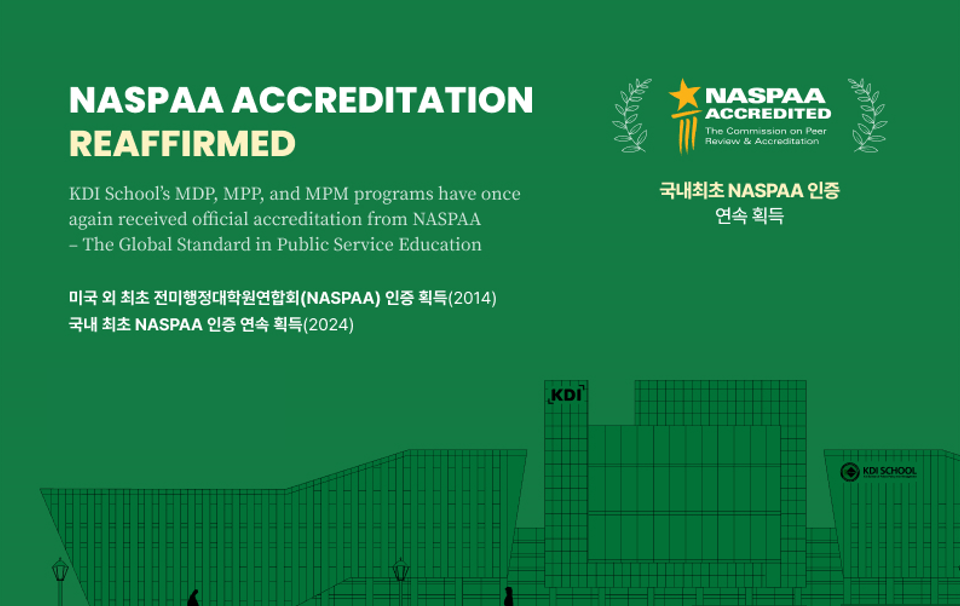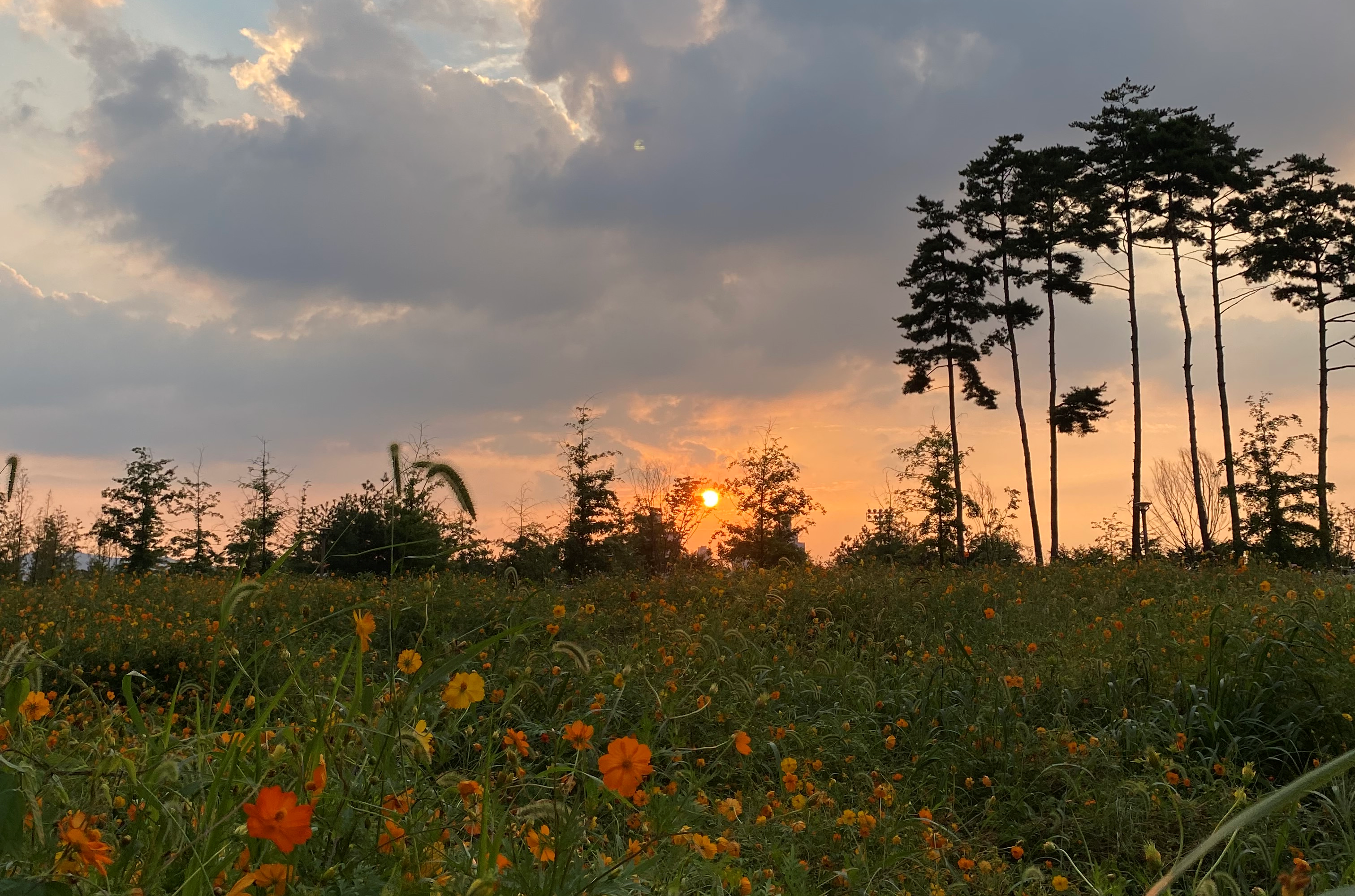
KDI School Renews the Globalist Spirit Through Global Governance and Diplomacy Workshop
- Date 2022-12-19 15:33
- CategoryResearch and Education
- Hit1849
For Ambassador Federico Failla, Ambassdor of Italy to the Republic of Korea, 2015 was a key turning point in the global climate change and energy transition debate because of the landmark Paris Agreement. Beyond this, within the sphere of global cooperation, the initiation of the UN Sustainable Development Goals (SDG) in 2015 also became pivotal for humanity. It was these two important subjects, and how these can be fulfilled at a time of challenging international headwinds, that became the foci for the 2022 Global Governance and Diplomacy Workshop, a new initiative organized by the KDI School of Public Policy and Management (KDIS). Holding such a new yearly initiative was especially timely as it was launched during the 25th Anniversary of KDIS. Convened at Millennium Hilton Seoul, Seoul on November 28, 2022, dignitaries from seven diplomatic missions attended the workshop and contributed their country’s perspective on how it is pursuing a specific agenda for the fulfilment of the SDGs or of the Paris Agreement.

Members of the diplomatic corps listen to the discussions.
In the first session of the workshop, the Ambassadors from the Embassies of Argentina, Brazil, and Italy presented topics related to their economy, such as the agriculture experience of Brazil and Argentina’s perspective on the global economic crisis. For the second session, the diverse set of topics ranged from the G20 Presidency of Indonesia to the use of big data for sustainable development. These were presented by Ambassadors from the Philippines and India, while the Deputy Head of Mission of the British Embassy and the Counsellor for Economic Affairs from the Embassy of Indonesia presented their respective parts.

Ambassador Marcia Donner Abreu from the Embassy of Brazil explains how her country is the agricultural powerhouse of the world, and how her country seeks to transition to greener methods to maintain their status.
In the experience of Italy, Ambassador Failla explained how the country was focused on doing its share to fulfil the agreements made at the COP of last year and this year. This includes fulfilling its obligations to conduct a timely transition to renewable sources of energy for the whole country, helping the needs of other developing countries through climate finance, and contributing to the newly formed loss and damage fund.
From the Embassy of the United Kingdom, Deputy Head of Mission Gareth Weir stressed how countries should increase investments in developing countries because the need is increasing amid a myriad of global crises. Raising the Bridgetown Agenda, Mr. Weir briefly spoke on how this novel idea is trying to change the world’s financial system. He added how the UK is working on British Investment Partnerships (BIP) as a way to get the private sector involved with the needed projects in developing countries, despite not having the enabling environment.
With the 2022 G20 Summit recently held in Indonesia, in the words of Counsellor Adhyanti Sardanarini Wirajuda, Counsellor and Coordinator for Economic, Investment, and Trade Affairs, it was a great honor to have hosted such an important economic gathering in their country. At a time when the world was coming out of the pandemic, Indonesia considered the G20 to be a pivotal gathering by focusing on their theme: Recover Together, Recover Stronger. This meant that during the summit, they concentrated the energies of the member-states on three priority sectors: the global health architecture, digital transformation, and sustainable energy transition.
Amid the work of many countries to fulfil the SDGs, in the opening remarks of Dean You Jong-Il, Dean of KDIS, he lamented how humanity is facing nativism and protectionism amid very turbulent times, such as high inflation. To face these, Dean You reminded attendees to keep the globalist spirit alive: “While paying attention to the deficiencies of the specific nature of globalization and of the international order of the previous era that may have contributed to this unfortunate trend, we must strive to find and expand the common ground and promote global cooperation as much as we can.”
Dean You expressed gratitude to the diplomatic community, as representatives of their own countries, for sending their students to KDIS. By continuing to train the next best thought leaders, KDIS will continue to share the commitment with the diplomatic community for the fulfilment of the SDGs, he said.

Ambassador of the Philippines to the Republic of Korea, Ambassador Maria Theresa Dizon-De Vega participates in the post-presentation discussions. In the background (front-back) are Ambassador Amit Kumar (Embassy of India), Mr. Gareth Weir (Deputy Head of Mission, British Embassy), and Counsellor Adhyanti Sardanarini Wirajuda, (Counsellor and Coordinator for Economic, Investment, and Trade Affairs, Embassy of Indonesia).
For KDIS student attendees, they were able to appreciate what each country was contributing. Sayuri, a student from Brazil, said, “I was able to understand what the countries are contributing to achieving the SDGs, ensuring food security, mitigating the effects of climate change, transitioning to sustainable energy, and dealing with gender equality.” There was a particular interest from Aidarus Mohamed Hussein, a KDIS student from Somalia, in the presentations of the ambassadors from Brazil and the Philippines: “I learned how brilliantly the Brazilian government developed and managed the bioenergy industry to reduce global warming and protect the environment. Brazil has been using ethanol energy for the past four years as an alternative to fossil fuels.” Meanwhile, for the Philippines, he was curious about the approach of the Philippine government on gender equality through institutionalization. This led the Philippines to have more women than men in launching new businesses. He particularly remembered how the Philippines ranked 9th Best Globally for Female Entrepreneurs because of how the government enacted nine laws to protect women and promote gender mainstreaming.
The G20 presentation of the Embassy of Indonesia was of particular interest to Usamah, a KDIS student participant from Indonesia. Usamah said that he learned many aspects about the strategic planning of his home country that he was not aware of. In addition, he felt proud of how his country managed the successful G20 Presidency.
Knowing the complications of today and drawing from the workshop , Usamah still sees diplomacy as a useful tool for today’s problems. “We are part of the world's ecosystem where a decision or event will impact the whole world. There is a need for world cooperation to promote common interests and shared values to deal with world problems by providing food security, justice, and mediation systems for conflicts.”
Related News
-
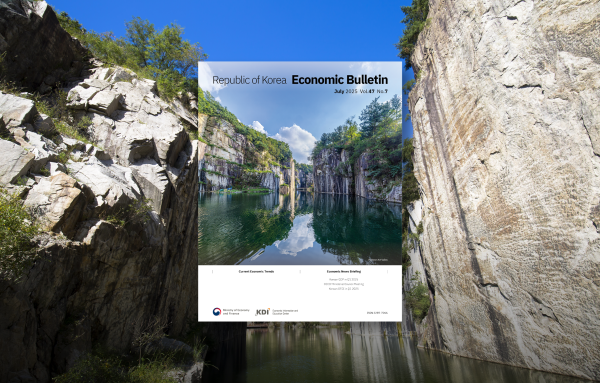
Research and Education6 days ago
Republic of Korea Economic Bulletin, July 2025#KDI #Economic #KDISCHOOL #kdischool #Economic Bulletin #Research
-
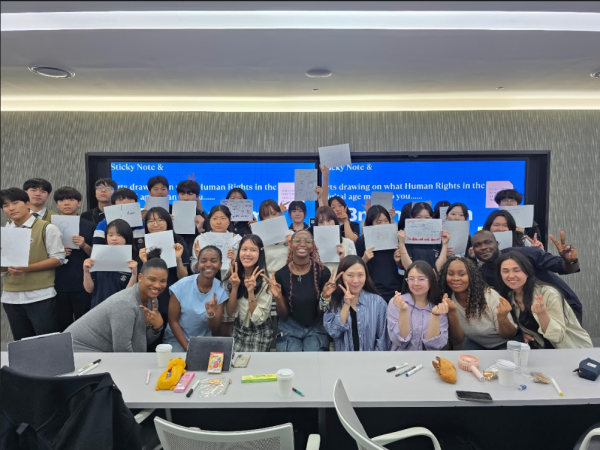
Story9 days ago
Summer 2025 Talent Donation Program: KDIS Forums Host Sejong High School Students#KDISCHOOL #KDIS #student #talent donation #student forums #student clubs
-
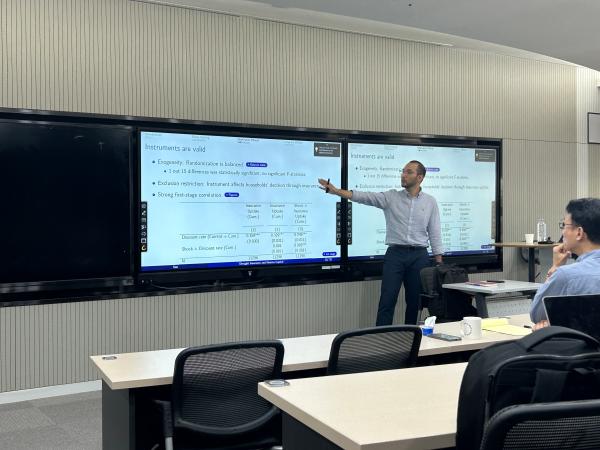
Research and Education10 days ago
Research Seminar by Hyuk Harry Son from Utrecht University

